Yi Deng
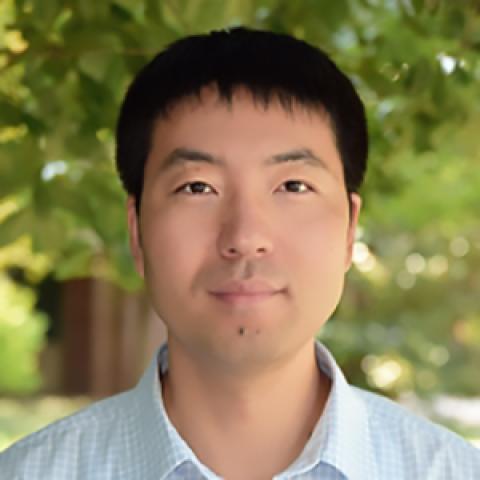
- Climate Science, Solutions, and Policy

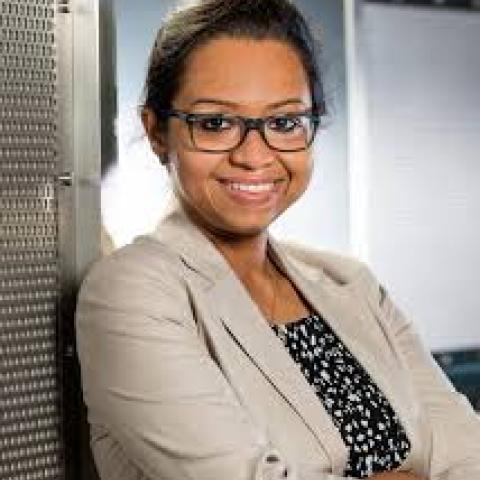
Munmun De Choudhury is currently an associate professor at the School of Interactive Computing, Georgia Tech. Munmun’s research interests are in computational social science, with a focus on reasoning about personal and societal well-being from social digital footprints.
Social Media; Social Computing; Computational Social Science; Mental Health; Natural Language
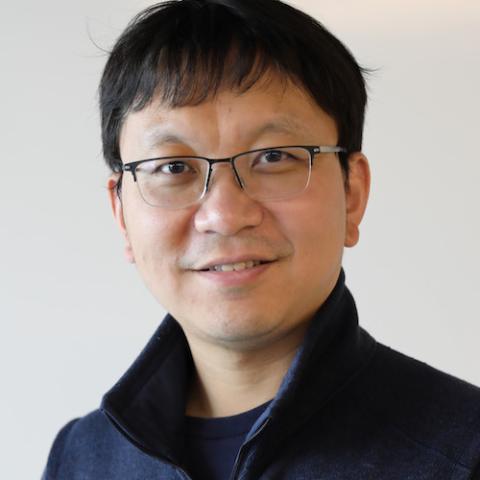
Bo Dai is a tenure-track assistant professor at Georgia Tech's School of Computational Science and Engineering. Prior to joining academia, he worked as a Staff Research Scientist at Google Brain. Bo Dai completed his Ph.D. in the School of Computational Science and Engineering at Georgia Tech, where he worked from 2013 to 2018 with Professor Le Song. His research focuses on developing principled and practical machine learning techniques for real-world applications. Bo Dai has received numerous awards for his work, including the best paper award at AISTATS 2016. He regularly serves as a (senior) area chair at major AI/ML conferences, such as ICML, NeurIPS, AISTATS, and ICLR.
Reinforcement Learning Data-Driven Decision Making Embodied AI
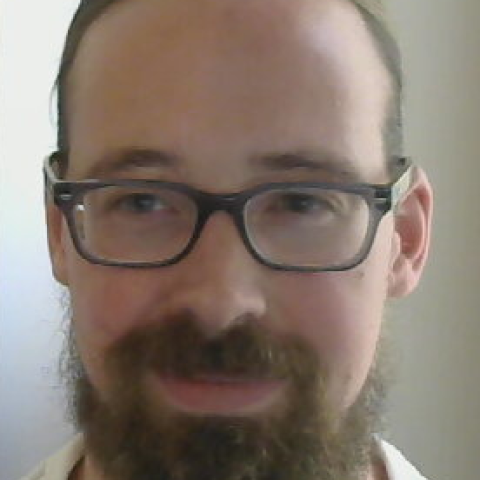
Eric joined PACE in 2021, and currently leads the Research Computing Facilitation team, after having worked as a Cyberinfrastructure Architect and RCF. Before joining PACE, Eric could be found at Indiana University as a systems engineer with the XSEDE Campus Bridging team, providing HPC-oriented consultations to institutions across the US. He also worked closely with the Cyberinfrastructure Research Center at IU, providing support for several different science gateway projects. Prior to that, his research in condensed matter physics at Florida State University involved computational studies of the optical properties of strongly correlated materials.
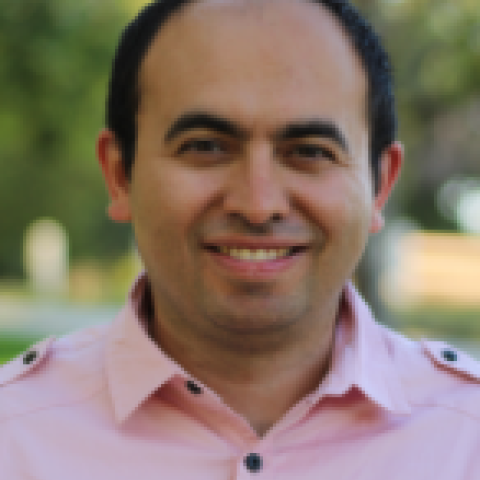
Ahmet Coskun is a systems biotechnologist and bioengineer, working at the nexus of multiplex imaging and quantitative cell biology.
Single Cell Biotechnology Lab is strategically positioned for imaging one cell at a time for spatial context. We are multi-disciplinary researchers interested in photons, ions, and electrons and their interactions with cells and tissues. Using large-scale experiments and computational analysis, we address fundamental challenges in cancers, immunology, and pediatric diseases. Variability of single cell profiles can be used to understand differences in therapeutic response, as well as satisfy our curiosity on understanding how cells are spatially organized in nature.
Our lab aims to deliver biotechnologies for spatial multi-omics profiling vision at the single cell level.
1) Spatial genomics: Our lab was part of an early efforts to demonstrate spatially resolved RNA profiling in single cells using a sequential FISH method. We will continue leveraging seqFISH and correlation FISH (another computational RNA imaging method) for exploring spatial dynamics of cellular societies.
2) Spatial proteomics: Our lab develops expertise on antibody-oligonucleotide based barcoding for multiplex protein imaging using CODEX technology. We combine CODEX with super-resolution and 3D imaging to visualize and quantify subcellular epigenetic states of immune and cancer cells.
3) Spatial metabolomics: Our lab works on computational and isotope barcoding approaches for small molecule profiling using MIBI (Multiplexed ion beam imaging). 3D and subcellular metabolic state of individual cells are used to model functional modes of cellular decision making in health and disease.
We also develop machine learning and deep learning algorithms to make sense of imaging based single cell big data.
In a nutshell, we create image-based ‘omic technologies to reveal spatial nature of biological systems. We benefit from enabler tools: Super-resolution bioimaging, barcoded biochemical reagents, advanced algorithms and automated microfludics. Topical interests include Spatial Biology, Liquid Biopsy, and Global Oncology.
Ahmet Coskun trained at Stanford (Postdoc/Instructor with Garry Nolan), Caltech (Postdoc with Long Cai) and UCLA (PhD with Aydogan Ozcan). His lab is currently funded by NIH K25, BWF CASI, Georgia Tech & Emory.
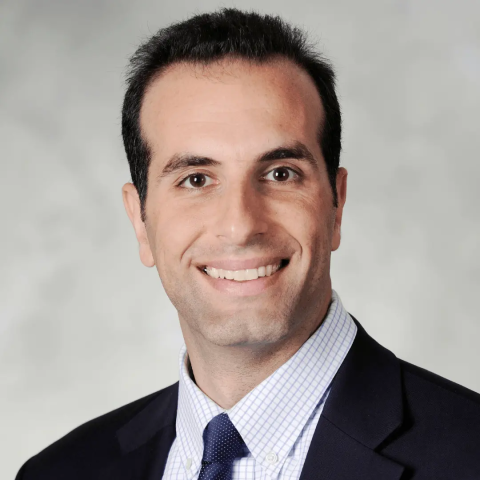
Morris Cohen received his B.S. and Ph.D. degrees in Electrical Engineering from Stanford University in 2003 and 2010, respectively, and served as a research scientist until August 2013. From September 2012 until August 2013, Dr. Cohen was appointed as AAAS Science and Technology Policy Fellow at the National Science Foundation.
In Fall 2013, he joined the faculty in the School of ECE. He is a winner of the NSF CAREER Award in 2017, the ONR Young Investigator Award in 2015, and was chosen for the Santimay Basu Prize in 2014, an award given once per 3 years to an under-35 scientist by the International Union of Radio Science (URSI).
Dr. Cohen is interested in the natural electricity of the Earth, including lightning, the electrically charged upper atmosphere, and the radiation-filled space environment. He uses radio waves at low frequencies measured all around the world to understand them, and develops resulting practical applications. His group also works on novel techniques to generate low frequency waves with nonconventional electrically-short antennas. He is an author of more than 60 journal publications. He employs a “flipped classroom” model in some of his courses to make the experience more active and engaging.
He enjoys hiking, cooking, and traveling the world for work and play with his family.
Electronics
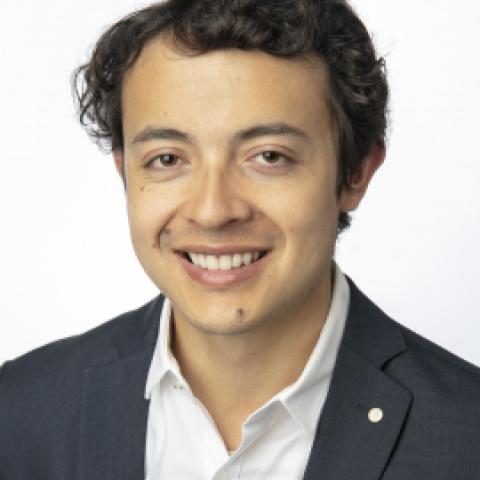
Diego Cifuentes is an Assistant Professor in the H. Milton Stewart School of Industrial and Systems Engineering at Georgia Tech. His research centers around the development of mathematical optimization methods, and the application of these methods in engineering areas such as machine learning, statistics, robotics, power systems, and computer vision. He also works in the theoretical analysis of optimization methods, leveraging geometric and combinatorial information to improve efficiency and robustness. Prior to joining ISyE, he served as an applied math instructor in MIT and as a postdoctoral researcher in the Max Planck Institute for Mathematics in the Sciences.
He earned his Ph.D. and M.S. in Electrical Engineering and Computer Science from MIT, and his B.S. in Mathematics and B.S. in Electronics Engineering from Universidad de los Andes.
Mathematical optimization methodsStatisticsComputer vision
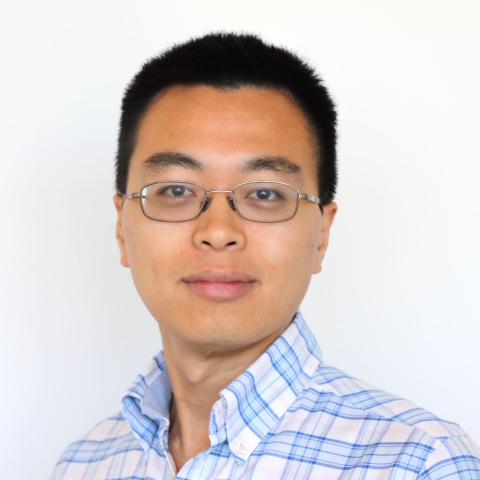
Dr. Chen is an Assistant Professor in the School of Computational Science and Engineering. Previously he was a Research Scientist at the Oden Institute for Computational Engineering and Sciences at the University of Texas at Austin. Dr. Chen’s research is in the multidisciplinary fields of computational mathematics, data science, scientific machine learning, and parallel computing with various applications in materials, energy, health, and natural hazard. Specifically, his research focuses on developing fast, scalable, and parallel computational methods for integrating data and models under high-dimensional uncertainty to make (1) statistical model learning via Bayesian inference, (2) reliable system prediction with uncertainty quantification, (3) efficient data acquisition through optimal experimental design, and (4) robust control and design by stochastic optimization.
Bayesian InferenceInfectious DiseasesOptimal Experimental DesignPlasma FusionStochastic OptimizationUncertainty Quantification
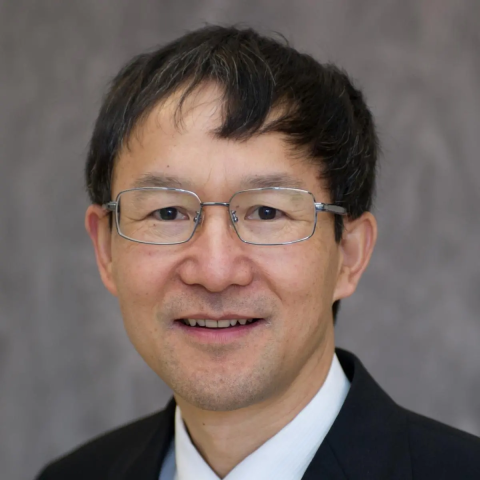
Dr. Chen has an extensive research interests in environmental science and engineering. More specifically, he is a leading researcher in the environmental applications of nanomaterials and their potential fate, transport, transformation, bioaccumulation and toxicity in the environment. His interests in environmental nanomaterials dated back in his graduate research in 1992. He has also been active on algae based bio-renewable energy and sustainable urban development. Dr. Chen has been principle and co-principal investigators for 28 research projects (by June 2010) funded by the National Science Foundation, U.S. Environmental Protection Agency, NASA, Boeing and other organizations. The total funds are $7 million. He has also served as a review member or panel review member in the U.S. National Science Foundation, the U.S. Environmental Protection Agency, the U.S. Department of Energy evaluation committee. He has also been invited to serve as an abroad review expert for the China Changjiang Scholars Program (which is to awarded to the top researchers in China). He has published more than 40 papers and two book chapters in this field.
Dr. Chen received his Ph.D in Nankai University, China. He joined the Dept. of Civil & Environmental Engineering in May 2009. Till then, he was an Associate Professor Research at the Arizona State University.
Biofuels; Separations Technology; Water
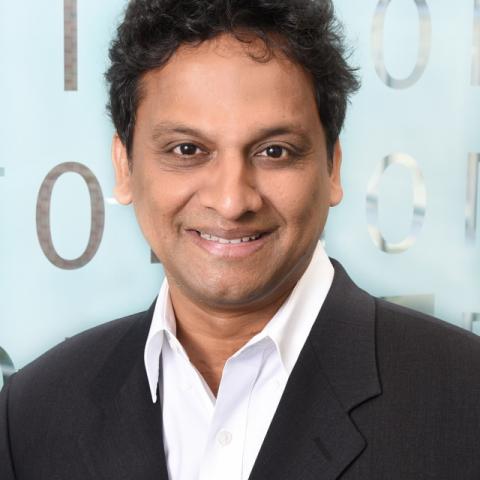
Sudheer Chava, Ph.D, is an associate director of the Institute for Information Security & Privacy for the area of risk management, and professor of finance at Scheller College of Business at the Georgia Institute of Technology. He also serves as finance area coordinator at Scheller and as the director of the nationally top 10 ranked Master of Science in Quantitative and Computational Finance (QCF) program at Georgia Tech (a joint program by the School of Mathematics, Industrial and Systems Engineering, and Scheller). Dr. Chava has taught a variety of courses at the undergraduate, masters, MBA and Ph.D. levels, including derivatives, risk management, valuation, credit risk, financial technology ("fintech"), and management of financial institutions. He also has taught both theoretical and empirical finance doctoral courses and is a faculty advisor to multiple doctoral students. Dr. Chava's main research interests are risk management, credit risk and financial institutions. He has extensively published on these topics in the leading finance journals such as the Journal of Finance, Journal of Financial Economics, Review of Financial Studies, Journal of Monetary Economics, Journal of Financial and Quantitative Analysis, and Management Science. His research won a Ross Award for the best paper published in Finance Research Letters in 2008, was a finalist for the Brattle Prize for the best paper published in Journal of Finance in 2008, and was nominated for the Goldman Sachs Award for the best paper for published in Review of Finance during 2004. Dr. Chava is the recipient of multiple external research grants such as FDIC-CFR Fellowship, Morgan Stanley Research grant, Financial Service Exchange Research grant, Q-group Research Award (2010, 2012) and GARP Research Award. He has presented his research at finance conferences such as AFA, WFA, EFA, Federal Reserve Banks and at many universities in the United States and abroad. Chava received his Ph.D. from Cornell University in 2003. Prior to that he earned an MBA degree from the Indian Institute of Management – Bangalore, an undergraduate degree in Computer Science Engineering, and worked as a fixed-income analyst at a leading investment bank in India. In 2014, he was awarded the Linda and Lloyd L. Byars Award for faculty research excellence at Georgia Tech and he has also received multiple research awards and fellowships at Texas A&M University.